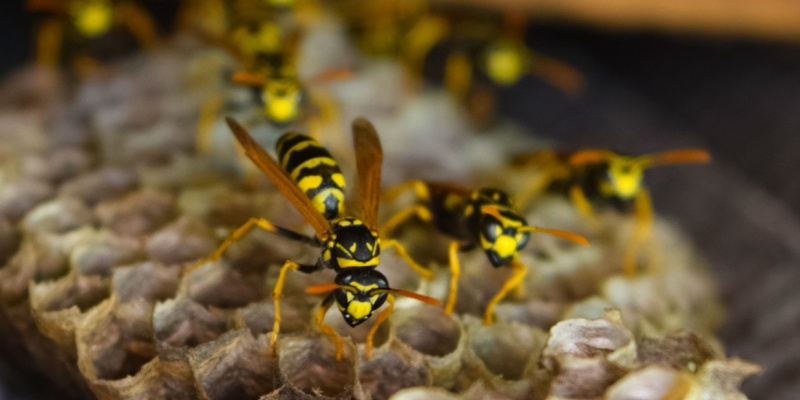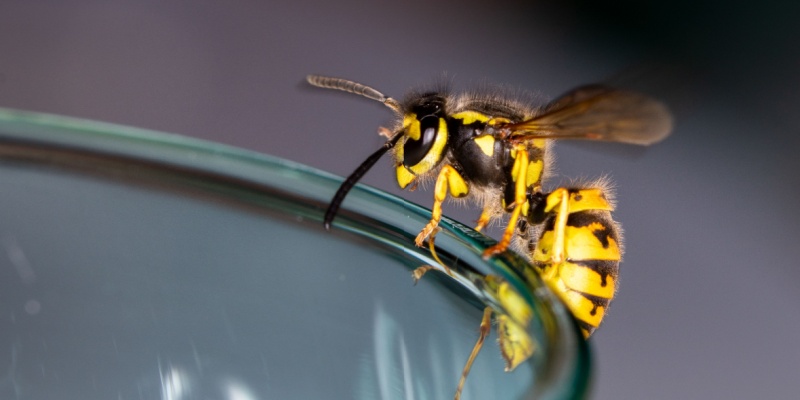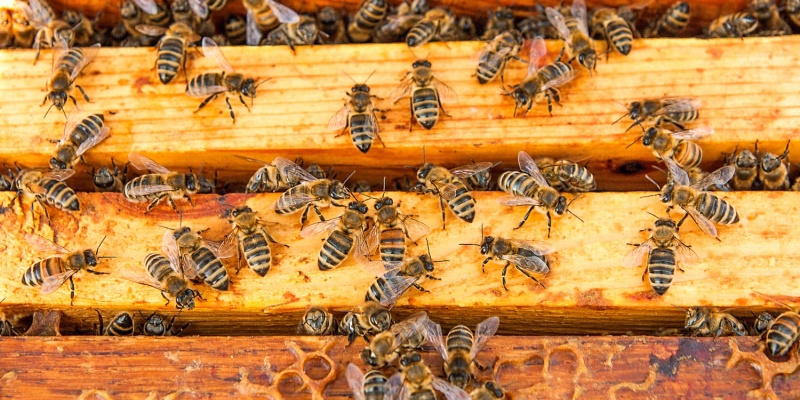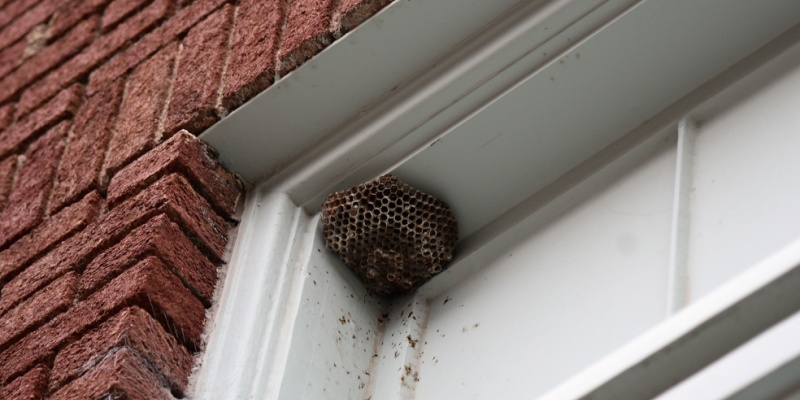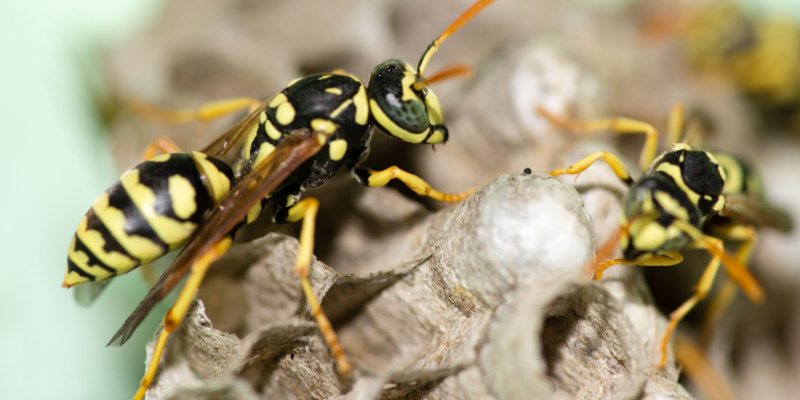In Haskell, NJ, the warmer months bring the buzzing activity of bees and wasps closer to human habitats. While these insects are vital for pollination and natural pest control, their proximity can sometimes pose risks, especially when nests are built near living spaces. Implementing strategic measures can help you enjoy your property without disturbance, balancing safety with environmental awareness.
Deep Dive into Bee and Wasp Ecology
Understanding the ecological roles of bees and wasps underscores the importance of handling their presence thoughtfully. Bees, including honeybees and bumblebees, are paramount pollinators, supporting the growth of many plants, including those that produce fruit and vegetables. Wasps contribute by preying on various pest insects, naturally managing those populations.
Comprehensive Property Checks
Regular, thorough inspections are crucial. Check under patios, inside grills, around window frames, and any outbuildings for signs of nest building. Early detection allows for easier and safer management of potential issues.
Cultivate a Bee-Friendly Garden
While keeping your garden tidy, you can also plant bee-friendly flowers and shrubs that attract bees away from your living spaces and toward the garden. This can include lavender, bee balm, and zinnias, among others. Creating a dedicated space for bees helps support their population while keeping them at a comfortable distance from your home.
Manage Outdoor Eating Areas
Outdoor dining can attract unwelcome bees and wasps. Using natural deterrents like clove-studded lemon halves or vinegar traps at the perimeter of your dining area can help keep them at bay without harming them.
Implement Water Control Strategically
If removing all water sources isn’t practical, consider placing water sources for bees and wasps at the edge of your property, away from human activity. This can provide them with the necessary resources while diverting their traffic.
Secure and Seal Homes
Beyond sealing cracks and openings, ensure vents are covered with fine mesh to prevent wasps from entering to build nests. Regularly check and maintain these barriers for effectiveness.
Educate and Prepare
Educating your family about the importance of bees and wasps and how to behave around them can prevent panic and mishaps. Knowing how to identify different species can also inform whether they pose a significant risk or are generally harmless.
Choosing Professional Assistance Wisely
When selecting a professional pest control service, ask about their approach to bee and wasp control. Opt for services that prioritize removal and relocation over extermination, when possible – especially for bees – to help preserve their populations.
Protecting your property in Haskell, NJ, from bees and wasps involves a blend of immediate action, ecological awareness, and preventive strategies. By understanding the important roles these insects play in our environment and taking informed steps to manage their presence, you can ensure a safer, more harmonious coexistence. Remember, the goal is not necessarily to eliminate these crucial pollinators but to mitigate the risks they pose when they come too close to our homes.
